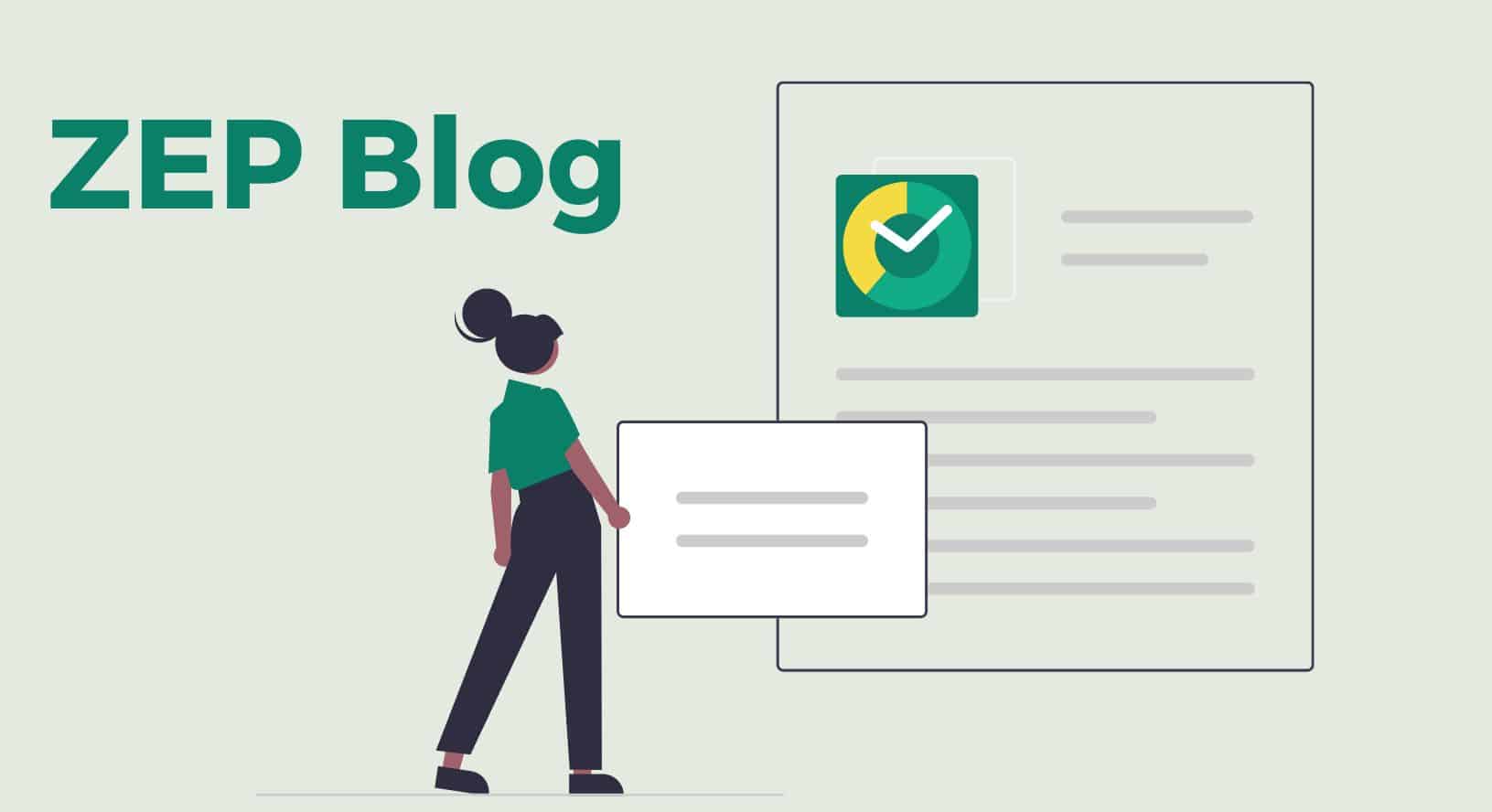Unternehmen in Deutschland nutzen Cloud-Services, zögern jedoch bei unternehmenskritischen Anwendungen wie SAP ERP, diese in die Cloud zu verlagern. ZEP bietet Wahlmöglichkeiten zwischen On-Premise und Cloud-Service.

So what now? On the one hand, market observers here in Germany are also talking about the triumph of cloud computing (e.g. Bitkom „Zwei von drei Unternehmen nutzen Cloud Computing“), auf der anderen Seite gaben bei einer aktuellen DSAG-Umfrage nur zehn Prozent der deutschen SAP-Nutzer an, ihre ERP-Lösung in die Cloud zu verlagern und forderten von SAP „weniger Cloud-only Entwicklungen“.
Wo liegen die Gründe für diese scheinbar so unterschiedliche Bewertung der Cloud Computing-Nutzung in Deutschland?
Zum einen muss man beim Vergleich aktueller Marktzahlen zum Thema Cloud Computing aufpassen, dass man nicht die berühmten „Äpfel und Birnen“ vergleicht. Wenn der Bitkom allgemein von Cloud Computing spricht, berücksichtigt er natürlich jede Art von Cloud Service – von der Softwarelösung über den Cloud-Speicher bis hin zur aus der Wolke bezogenen Rechenleistung. Und da wird es tatsächlich in Deutschland wohl kaum mehr ein Unternehmen geben, dass nicht an der einen oder anderen Stelle bereits „in der Cloud ist“. Häufig ist dies der eigenen IT-Abteilung gar nicht bewusst, wenn beispielsweise in einer Fachabteilung ein File Sharing-Service zum Einsatz kommt oder sich der Chef einfach mal einige Dokumente in die Dropbox zieht, um auch zu Hause oder unterwegs darauf zuzugreifen. Das Thema „Schatten-IT“ ist noch immer ein großes Problem in vielen Unternehmen. Das einfache Buchen eines Cloud Services mit Kreditkarte macht das „Onboarding“ einfach, die Kontrolle dagegen fast unmöglich.
Aus diesem Grund wird die IT-Abteilung auch alles dafür tun, dass unternehmenskritische Anwendungen – und dazu gehört sicher auch das eingangs erwähnte SAP ERP-System – nicht so einfach in die Cloud wandern. Darüber hinaus geht es natürlich auch darum, die in den letzten Jahren in den Ausbau und Betrieb des Systems getätigten Investitionen weiter zu schützen.
Es hängt also in der Tat davon ab, in welchem Zusammenhang und Anwendungsszenario von einer Cloud-Nutzung gesprochen wird. Dies verdeutlichen übrigens auch weitere Fakten aus der eingangs zitierten DSAG-Umfrage: Im Bereich Marketing und Vertrieb nutzen immerhin 48 Prozent der Befragten Cloud-basierte Lösungen. Dieses Ergebnis ist zwar immer noch deutlich von den Zweidritteln entfernt, die der Bitkom errechnet hat, zeichnet aber dennoch ein deutlich positiveres Bild über die Cloud-Nutzung als die zehn Prozent im ERP-Bereich.
Am besten ist es natürlich, wenn dem Anwender vom Anbieter die Wahl gelassen wird, ob er die Lösung im On-Premise-Betrieb bei sich im Unternehmen installieren und nutzen möchte, oder als Cloud Service aus dem Rechenzentrum des Anbieters bezieht. Wir bieten Ihnen mit ZEP genau diese Wahlfreiheit.
In den letzten Jahren ist zwar ein deutlicher Trend hin zur ZEP-Nutzung im Cloud Computing-Modell bemerkbar – so entscheiden sich Neukunden mittlerweile fast ausschließlich für den Cloud Service. Dieser wird als „Cloud Service Made in Germany“ in einem zertifizierten (ISO 27001, IT Grundschutz) Hochleistungsrechenzentrum auf einem vollständig redundanten, hochverfügbaren Server-Cluster in Deutschland betrieben. Die Internetanbindung zu den ZEP-Servern erfolgt mit 1000 Mbit/s über redundante Glasfaserleitungen. Der zwischen ZEP-Kunden und der Firma ZEP GmbH geschlossene Nutzungsvertrag enthält natürlich auch den seit Inkrafttreten der EU-Datenschutzgrundverordnung (DSGVO) vorgeschriebenen Vertrag zur Auftragsverarbeitung.
Die Kunden, die sich auch heute noch für den On-Premise-Betrieb im Unternehmen entscheiden, können aber genauso sicher sein, dass ihre Investition auch mittelfristig gesichert sein wird. Weitere Informationen zu den Funktionen, Zusatzmodulen und Betriebsmodellen von ZEP stehen auf der ZEP website available.


Read article ↗

How can you strengthen your employer brand and attract the best talent? Discover 11 effective employer branding measures that will help you stand out from the competition and optimise your recruitment strategy.
Read article ↗
We answer your questions quickly & competently. Contact us by phone or email.
+49 7156 43623-0 or contact form